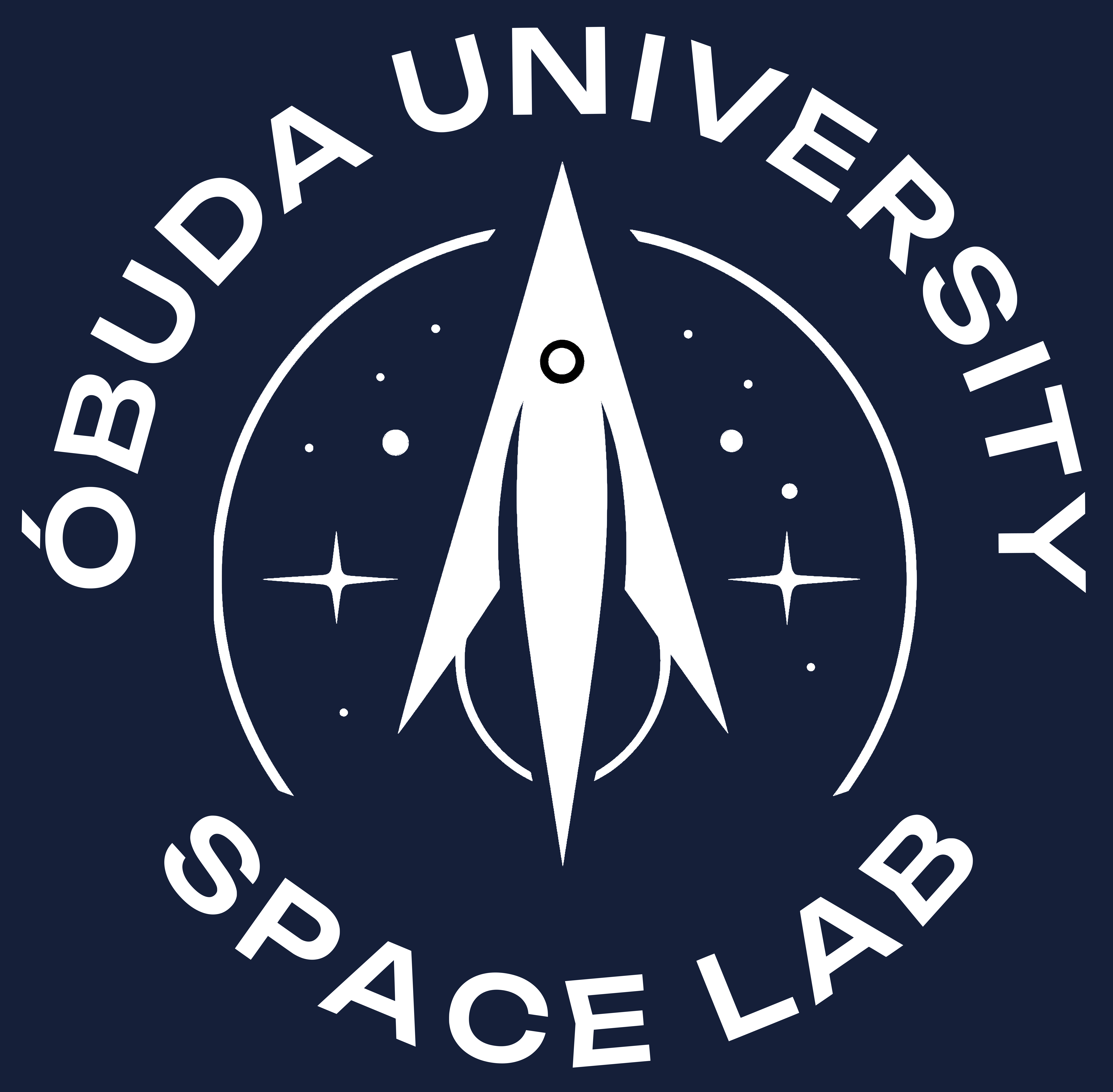A new era of space exploration: The opening of HUNIVERZUM and the role of the OE in the Hungarian space program

The “HUNIVERZUM – Hungarians in Space” interactive visitor centre officially opened its doors at Millenáris on 12 May. The exhibition aims to showcase Hungary’s past, present, and future in space exploration, with special emphasis on the HUNOR Hungarian Astronaut Programme, through which Hungary will once again send a person into space. Representing our university at the event was Prof. Dr. Péter Galambos, Vice-Rector for Innovation, who was previously involved in the scientific training of astronaut candidates at the university’s Antal Bejczy Robotics Centre.
In his speech, Péter Szijjártó emphasized that the Hungarian astronaut program is one of the most exciting national endeavors, one that every Hungarian can wholeheartedly support.

He highlighted that over the past decades, 140 Hungarian space devices have reached outer space through various international space missions. He congratulated Tibor Kapu, the next Hungarian astronaut, as well as Gyula Cserényi, the backup astronaut, on completing their training.

Bertalan Farkas, the first Hungarian astronaut, wished that the young astronauts be welcomed by the Hungarian people with the same respect and affection he and Béla Magyari received 45 years ago.

The HUNIVERZUM exhibition not only presents the past and the present, but also looks toward the future. In this future, Óbuda University plays a key role, actively contributing to the development of space research and the space industry. Among other initiatives, the Obuda University Space Lab was established in the autumn of last year to coordinate the university’s space-related activities. In addition, the university launched Hungary’s first ‘New Space Economy’ course, offering a comprehensive overview of the rapidly evolving space industry, new business models, and technological innovations.

Due to its space research activities, Obuda University was also represented at the event. Prof. Dr. Péter Galambos, Vice-Rector for Innovation, attended the ceremony; he had previously contributed to the scientific training of astronaut candidates at the university’s Antal Bejczy Center for Robotics.
Moreover, the university has joined the Statement for a Responsible Space Sector, supporting the sustainability of space exploration. Obuda University is involved in several space-related projects, including Earth observation, satellite development, rover construction, and space suit design — just to name a few.
The university’s leadership and experts are committed to inspiring and educating the next generation of space scientists, engineers, entrepreneurs, and professionals, while actively contributing to space research, innovation, and scientific-technological progress. Óbuda University’s efforts align with the Hungarian government’s vision for space activities, as both aim to showcase and advance Hungary’s achievements in this field.

Science and Public Education at the Experience Centre
HUNIVERZUM – Hungarians in Space is an interactive experience centre. The exhibition offers a unique opportunity for anyone interested in space research to get a close-up look at the excitement of space travel. One of the main goals of the centre’s creators is to inspire young people to develop an interest in the natural sciences and engineering. Another key objective is to showcase Hungary’s past, present, and future in space exploration, with special emphasis on the HUNOR Hungarian Astronaut Programme, through which the country is once again preparing to send a person into space.

Visitors can explore the exciting world of space travel and space research up close.
The exhibition features interactive elements, including simulators that allow anyone to experience what it feels like to be an astronaut. It also offers a detailed presentation of the mission of Tibor Kapu, Hungary’s second research astronaut — from selection to return — as well as the diverse range of Hungary’s space-related activities.
HUNIVERZUM is not just an exhibition; it also serves as a centre for science and public education.
Organized in cooperation with HUNOR and Infotér, the centre hosts a variety of professional lectures and discussions featuring experts working in space research and related scientific fields.
The exhibition is open to visitors from 13 May to 31 October in Building G of Millenáris.
